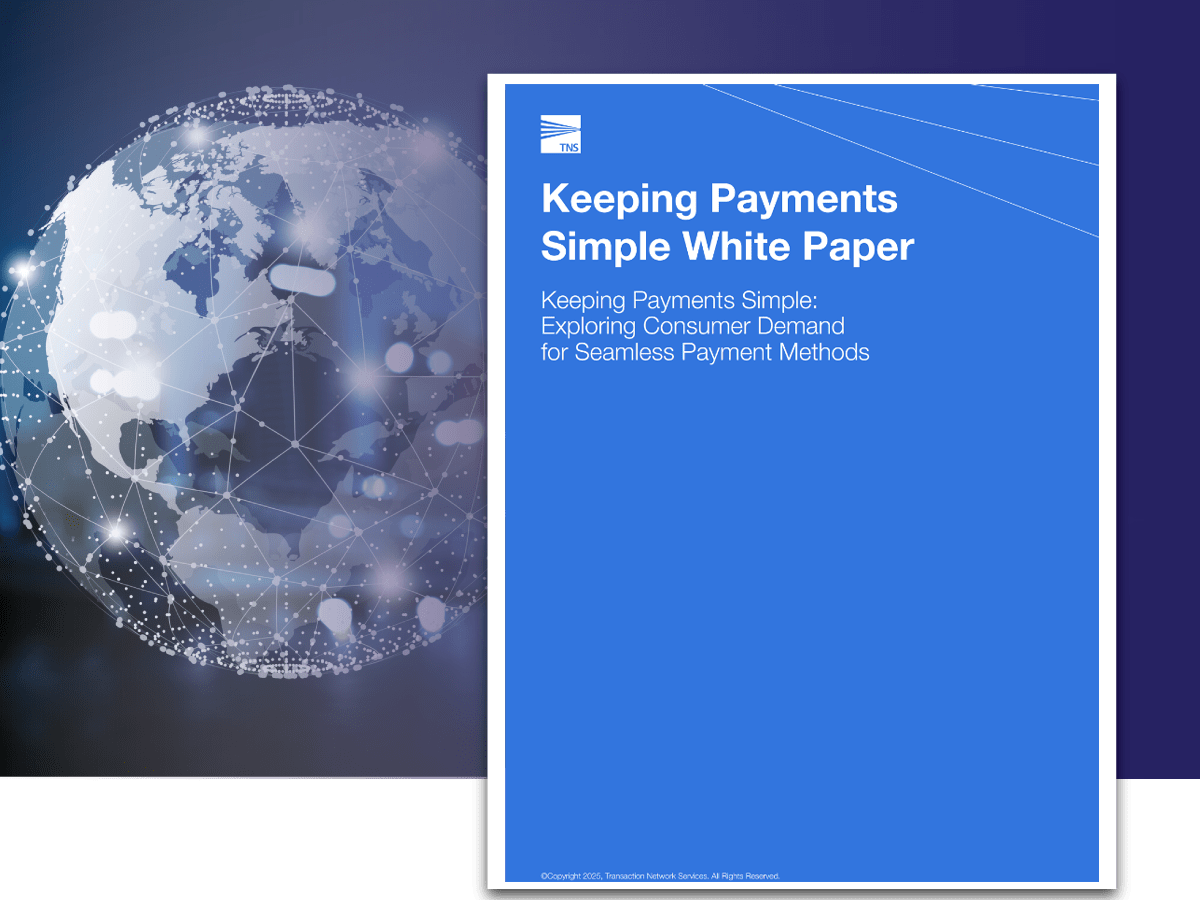Operating and maintaining an efficient and resilient trading infrastructure for direct, fast, reliable access to global markets can be challenging and expensive. For starters, the network must deliver high levels of performance, security and availability across multiple data centers and global exchange colocation facilities. Then there’s the cost of maintaining and managing the infrastructure itself. Firms that attempt this in-house can often realize early on that engaging a Managed Service Provider (MSP) is the more cost effective, scalable and strategic option.
Finding the Right Financial Trading Managed Service Provider
Consulting with an expert helps firms invest in technology tailored to their operational and strategic goals. At one end are Tier 1 banks or proprietary trading firms, which often require trading infrastructure co-located within the same data center as the exchange’s matching engine. This allows these banks to offer Direct Market Access (DMA) to their systematic trading clients, enabling ultra-low-latency execution directly on the exchange. At the other end are retail traders seeking affordable access to market data which is something difficult to achieve independently.
Market data is essential for all trading participants. Banks consume market data from multiple sources to drive their execution decisions. They require high-fidelity, low-latency delivery to these central sites with maximum reliability. Building, running, and managing a global network that leverages the lowest latency circuits and guarantees resiliency through fully diverse secondary circuits, costs millions of dollars a year – placing it out of reach for all but the largest firms.
How to Evaluate a Financial Trading Managed Service Provider
Not all MSPs are equal. Choosing the right provider requires careful evaluation of their ability to scale infrastructure, support expanding data bandwidth demands and deliver service across multiple geographies. A robust managed solution must handle the end-to-end delivery and distribution of large volumes of market data without compromising performance. MSPs enable economies of scale through shared global infrastructure, guaranteeing low latency and consistent performance. This becomes increasingly vital as financial traders’ activities intensify, requiring rapid responses during high-activity periods, as well as support of the drive in 24×7 trading.
The Importance of a Vendor Neutral MSP
Selecting the right MSP is crucial for maximizing the benefits of outsourcing. Providers that deliver a holistic, integrated approach – combining application management, market data delivery, and strategic consulting, can dramatically streamline operations and reduce total cost of ownership. TNS is the only provider to combine a vendor-neutral approach to market data application management, alongside end-to-end hosting, market data and consulting services.
An MSP that works across multiple clients, vendors, and partners provides unique advantages. For example, if one client reports an issue, such as incorrect pricing on a stock, the MSP can quickly determine whether the problem is with the exchange, an aggregator, or the client’s infrastructure. By monitoring service incidents across all clients, MSPs can identify and resolve problems faster than individual firms. In many cases, MSPs detect and resolve issues before clients are even aware of them.
As trading infrastructure becomes increasingly complex and data volumes continue to rise, the cost of maintaining uninterrupted access to markets globally can quickly become cost prohibitive. Outsourcing to an expert MSP allows firms to realize economies of scale by leveraging mutualized global infrastructure without compromising on performance or latency.
Ben Myers is Head of Strategic Sales for EMEA for TNS’ Financial Markets business, overseeing a team that is responsible for supporting customers with trading infrastructure, connectivity, market data and data center colocation needs.
Learn More About Our Financial Market Solutions
TNS is the only global provider to combine a vendor-neutral approach to market data application management, alongside end-to-end hosting, market data, and consulting services.




